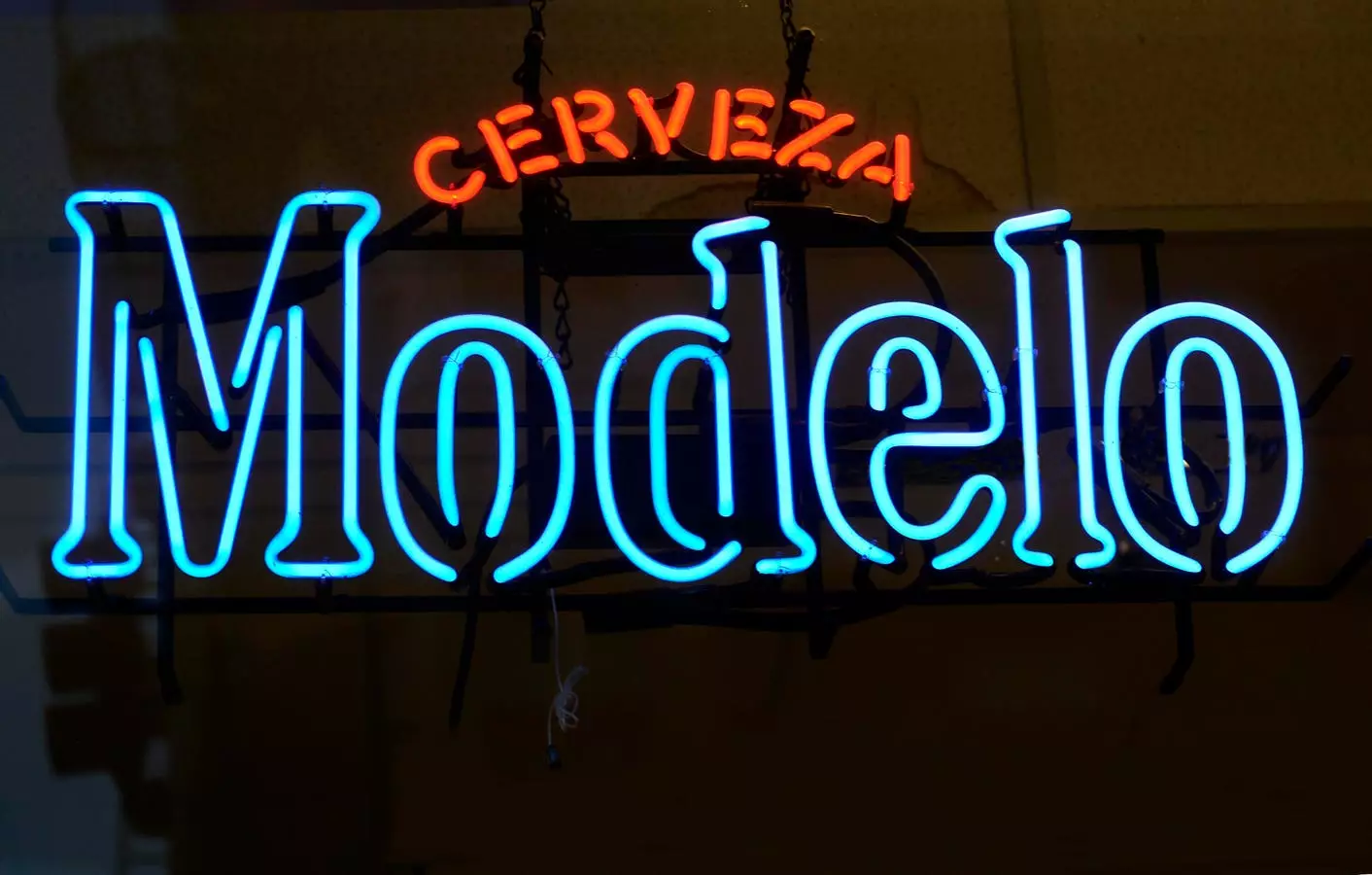In a significant shift within the American beer landscape, Modelo Especial has officially surpassed Bud Light, establishing itself as the leading beer brand in the United States as of June 2023. This transformation is notable not just for its immediate impact but for the broader implications it holds for the beverage industry, particularly in the context of shifting consumer tastes and cultural influences. In conjunction with Modelo’s ascendance, Michelob Ultra has also carved out a place as the second-best selling beer, indicating a pronounced move away from traditional American brands. The burgeoning popularity of Mexican beer brands underscores a trend that has been gaining momentum over the past decade, reflecting both cultural shifts and a response to changing consumer preferences.
The appeal of Modelo and other Mexican import beers, such as Corona and Pacifico, seems to stem from their ability to resonate with consumers‘ lifestyle choices. As noted by industry analyst Kate Bernot, the messaging associated with these brands is both specific and universally appealing, diverging significantly from the approaches of older, legacy brands like Miller and Coors. The perception of these Mexican beers as „cooler“ alternatives is indicative of a broader cultural narrative where the culinary, artistic, and musical contributions of Hispanic cultures have gained prominence in American society.
The intersection of cultural export and market performance cannot be overlooked; popular artists like Bad Bunny and Nathy Peluso have bolstered the visibility and appreciation of Hispanic culture, which in turn has cultivated a more receptive audience for products like Mexican beers. With Latin American culture becoming increasingly mainstream, these beverages have personalized narratives that echo the experiences and identities of a growing demographic.
The market metrics tell a compelling story. Data from the Beer Institute highlights an impressive growth trajectory for Mexican imported beer, which constituted about 81% of all beer imports into the U.S. by 2023—a notable increase from just 61% a decade earlier. However, this popularity is not confined solely to Hispanic consumers; statistics reveal that 61% of Modelo purchases in 2023 came from non-Hispanic households. The inclusive appeal signifies a breaking down of traditional market segments and a unifying preference for the crisp, refreshing characteristics of these beers across diverse cultural groups.
Additionally, the market for craft beers has not remained untouched. Lagging behind the trend, the category labeled as „Mexican lager“ has also witnessed a remarkable surge. This suggests that the allure of these brands runs deeper than mere nationality; it speaks to a growing appreciation for flavor profiles and brewing traditions valued within the craft beer segment.
The case of Modelo also highlights an intriguing divergence in brand ownership and market strategy. Following AB InBev’s acquisition of Grupo Modelo in 2012, antitrust regulations forced the company to sell the rights to distribute Modelo brands in the U.S. to Constellation Brands. This shift enabled Constellation to focus on effectively marketing these brands, leveraging strong distribution partnerships, notably with Reyes Beverage Group, the largest beer distributor in the country.
The alliance between Constellation and Reyes has proven potent in amplifying demand for these beers, thus accelerating sales growth. In an arena where many brands struggle with consumer loyalty and recognition, the strategic maneuvering of Constellation highlights the importance of adept marketing. AB InBev, despite its vast resources, has found itself unable to replicate this success, illustrating that size and legacy are not always shield against market forces driven by evolving consumer norms.
As consumer tastes continue to evolve, the current trajectory suggests that Mexican beers will maintain their stronghold on the American market. The increasing preference for these brands reflects not only a shift in palate but also a broader cultural reevaluation of what constitutes an „American“ beer.
Ultimately, the transformation within the beer industry underscores a more extensive narrative about identity, market strategy, and the power of cultural resonance. The ascent of Modelo Especial and similar brands not only showcases changing consumer habits but also heralds a new era where inclusivity and cultural authenticities play pivotal roles in shaping industry dynamics. As this trend develops further, it will be fascinating to observe how traditional brands adapt or falter in response to the burgeoning wave of Mexican import beers and their cultural significance.


Napsat komentář